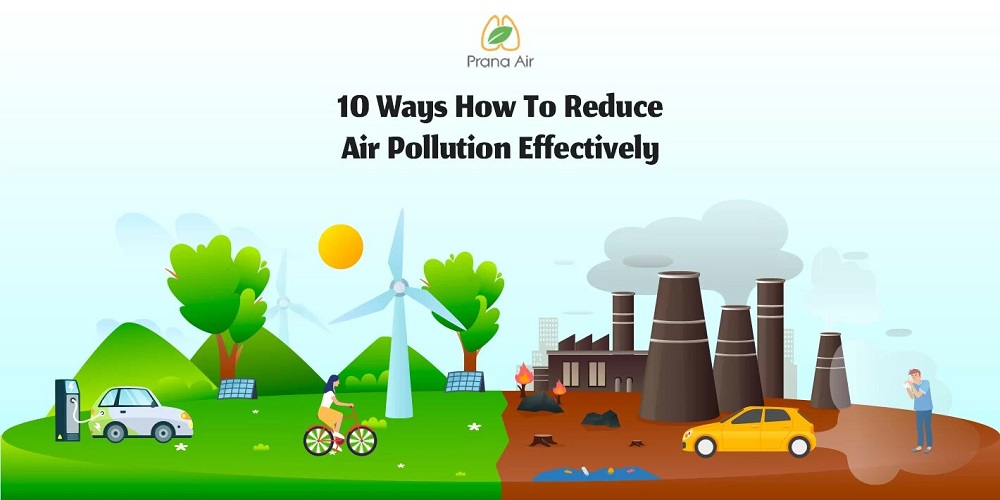The Effects of Recycling on the Environment
Recycling is one of the crucial actions for protecting the environment, playing a fundamental role not only in reducing environmental pollution but also in improving quality of life and preserving natural resources. In today’s world, where we face environmental crises, the impact of recycling on the environment is felt more than ever. This process helps reduce waste production, conserve energy, decrease various types of pollution, and contribute to mitigating climate change. In this article, we will thoroughly examine the effects of recycling on the environment and highlight its importance in the modern world.
The Effects of Recycling on the Environment: Concept and Importance

Recycling, as a material management process, refers to the recovery and reuse of resources that have turned into waste through production and consumption processes. This process involves the collection, processing, and transformation of waste materials into new and useful products. Recycling is not only effective in reducing the volume of generated waste but also contributes to the conservation of natural resources. Through various recycling processes, materials such as plastic, paper, glass, and metal can be reintroduced into the production cycle.
With the increasing population and resource consumption, the importance of recycling in modern societies has become even more significant. This practice can play a crucial role in significantly reducing household and industrial waste production. Moreover, recycling decreases the need for extracting new raw materials, which in turn minimizes environmental damage, preserves natural resources, and contributes to energy conservation.
The Effects of Recycling on Pollution Reduction

One of the most important effects of recycling on the environment is the reduction of various types of pollution. The recycling process is highly effective in reducing air, water, and soil pollution. By recycling different materials, there is no need for the extraction of new raw materials, a process that is often associated with the release of harmful pollutants. These pollutants include greenhouse gases, chemicals, and particulate matter, all of which severely impact air quality and public health.
As a result, the environmental impacts of recycling in terms of reducing air pollution and preventing the release of harmful pollutants into the atmosphere are highly evident.
As a result, the environmental impacts of recycling in terms of reducing air pollution and preventing the release of harmful pollutants into the atmosphere are highly evident.
The Effects of Recycling on Water and Soil Quality

Another positive impact of recycling on the environment is the preservation an improvement of water and soil quality. Many of the pollutants that enter water and soil come from the disposal of non-recyclable waste, such as plastics and chemicals. Plastics, as one of the biggest environmental problems in today’s world, remain in nature for a long time and cause significant harm to aquatic and terrestrial ecosystems.
By recycling plastic and other similar materials, we can prevent these pollutants from entering nature. This action not only improves water and soil quality but also helps protect ecosystems and natural habitats. Therefore, the environmental impacts of recycling in terms of protecting natural resources and preserving ecosystems are undeniable.
Energy and Natural Resource Conservation through Recycling
One of the notable benefits of recycling is energy conservation. The production of new raw materials requires a large amount of energy, which directly impacts the environment in negative ways. For example, producing aluminum from raw materials consumes more than 95% of the energy required to produce recycled aluminum. This demonstrates that recycling can significantly reduce both the costs and the amount of energy needed.
In recycling projects, waste materials are transported to facilities where they can be processed and reused in a usable form. This process not only helps reduce the need for natural resource extraction but also results in savings on fossil fuel consumption and a decrease in greenhouse gas emissions. For example, recycling one ton of paper can save around 4,000 kilowatt-hours of energy, which is equivalent to the energy consumption of a household for one year.
Economic and Social Impacts of Recycling
Recycling, in addition to its environmental benefits, also has economic and social impacts. From an economic perspective, this process creates new jobs in the recycling and material processing industries. These jobs can help reduce unemployment rates and strengthen the local economy.
From a social perspective, raising awareness and encouraging people to participate in recycling activities can lead to the development of a responsible environmental culture. Public education about the environmental impacts of recycling and its importance in improving ecological conditions can have long-term effects on society, guiding citizens toward more efficient use of natural resources.
Global Efforts in Recycling

In recent years, global attention to the environmental impacts of recycling has significantly increased. Countries around the world have taken steps to promote and improve their recycling systems. These actions include establishing efficient laws and regulations, offering financial incentives, and developing recycling infrastructure. For example, countries like Germany and Sweden are recognized as pioneers in this field. These countries have achieved high recycling rates through comprehensive programs such as waste separation at the source and the establishment of recycling stations.
Conculsion
The environmental impacts of recycling are vast and positive. From reducing pollution to saving energy and conserving natural resources, recycling is recognized as an effective solution to environmental crises. This process not only helps improve human quality of life but also plays a significant role in improving environmental conditions and combating climate change. To achieve a more sustainable future, promoting a recycling culture and investing in its infrastructure is essential.
Therefore, considering all the mentioned benefits, recycling is not only an environmental action but also an urgent necessity for the preservation of our planet. To protect the environment and reduce the negative impacts of climate change, everyone must participate in this crucial process.
